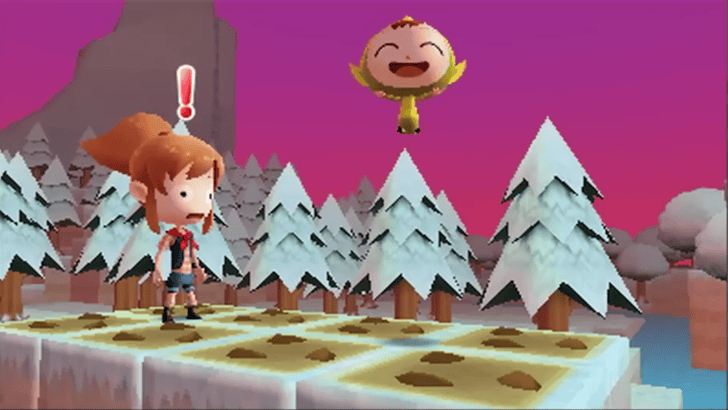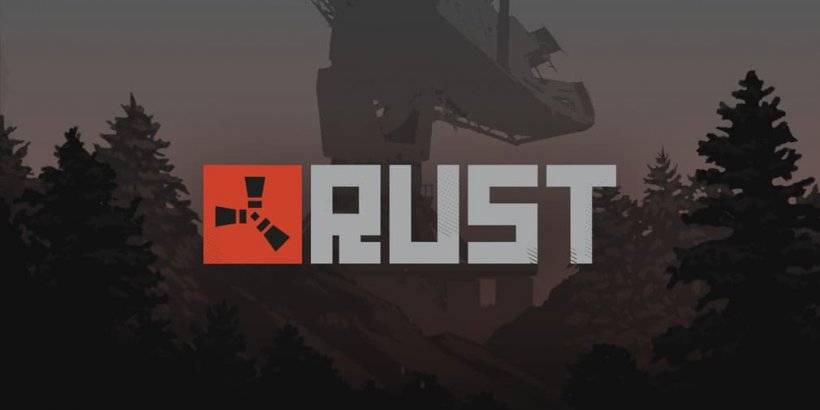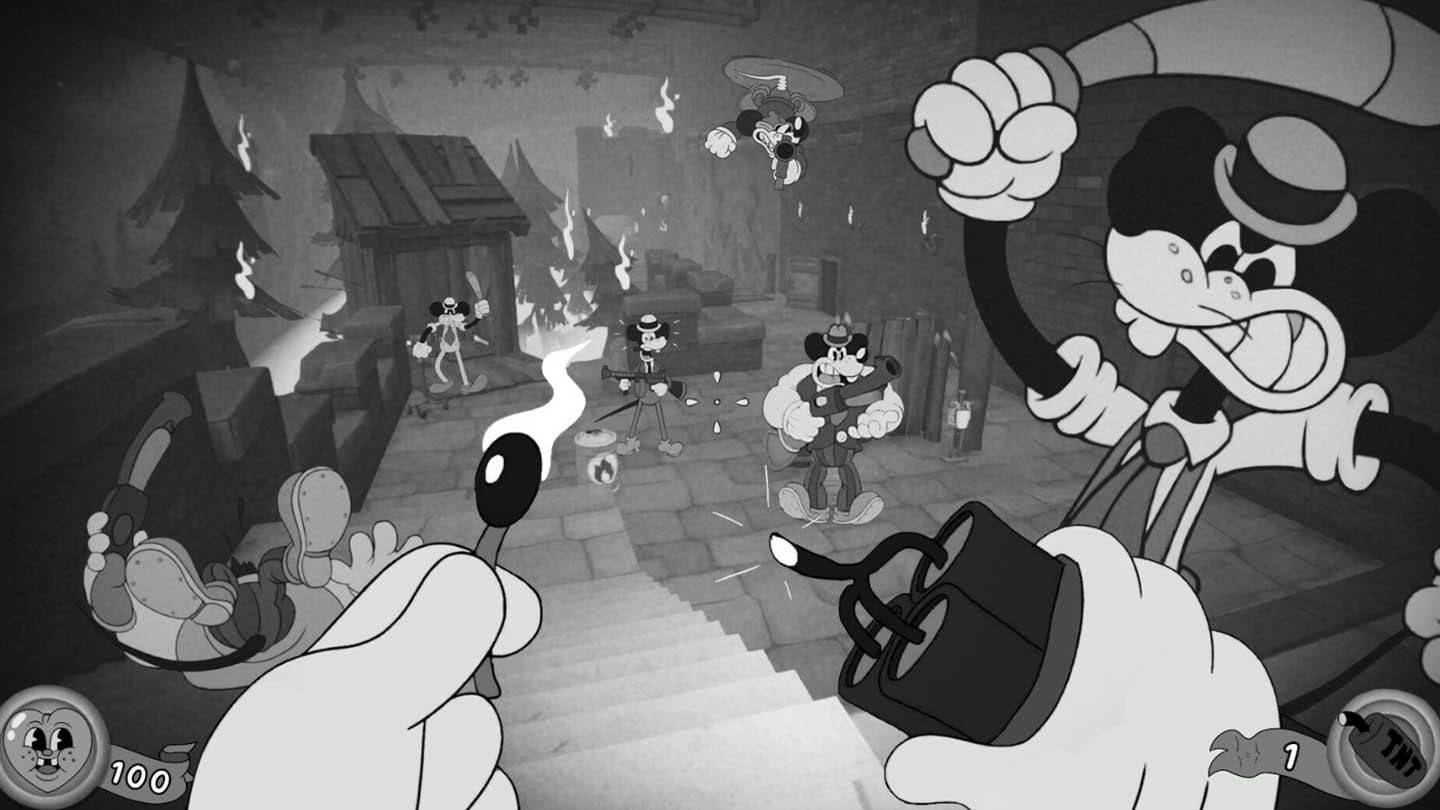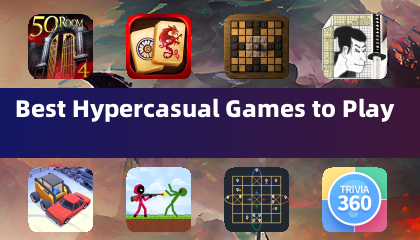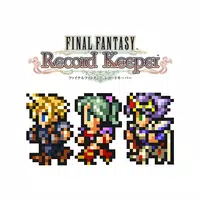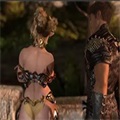Author: JackReading:3
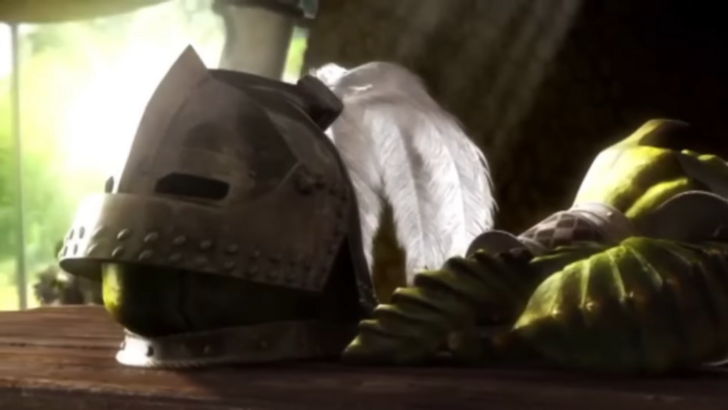
The narrative of Monster Hunter has often been dismissed as an afterthought due to its seemingly straightforward nature, but is it really that simple? Let's delve deeper into the themes and stories that enrich this beloved series.
← Return to Monster Hunter Wilds' main article
Evolution of Narratives in Monster Hunter
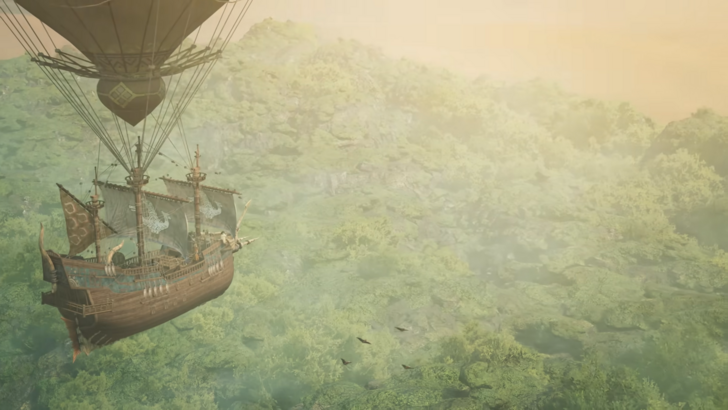
The Monster Hunter series is not primarily known for its narrative depth. Many fans, including myself, have often noted that the story takes a backseat to the gameplay. The game's mission-based structure, where players choose or are assigned quests, can make the narrative seem secondary. However, this doesn't mean the story is non-existent or unimportant. Let's explore whether Monster Hunter is merely about hunting monsters for rewards, or if there's more to its narrative than meets the eye.
How It All Starts
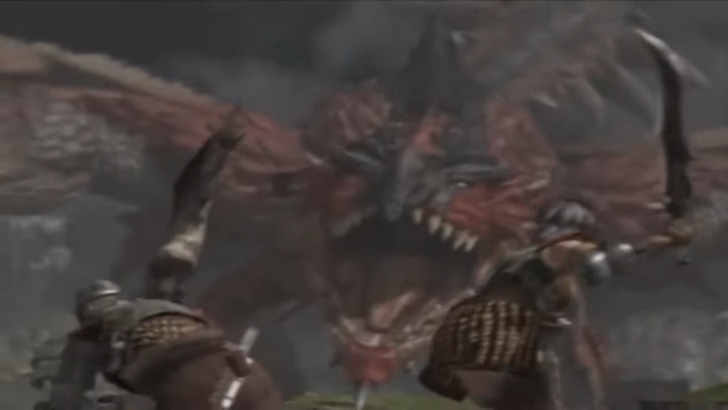
The Monster Hunter games typically follow a familiar pattern: you begin as a novice Hunter, taking quests from the village elder or leader, and gradually ascend to become the top-ranked Hunter in your village. As you progress, you tackle increasingly formidable monsters, culminating in a battle against the game's final boss, such as Fatalis in the original Monster Hunter. This cycle remains consistent across the series, even as newer titles like World, Rise, and their expansions introduce more structured storytelling.
Protecting the Natural Order
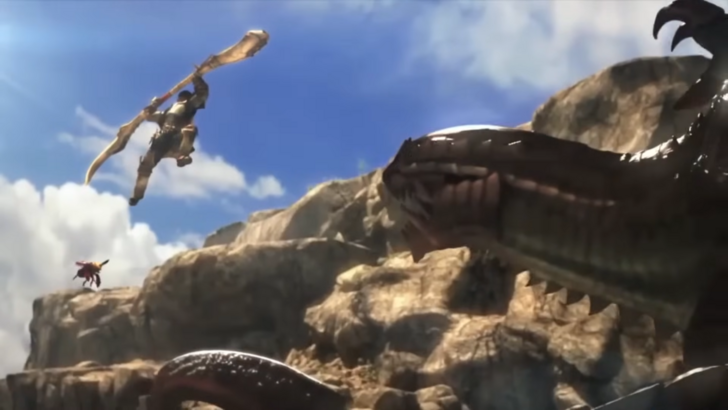
A recurring theme in the Monster Hunter series is the Hunter's role in maintaining ecological balance. For instance, in Monster Hunter 4 (MH4), the Gore Magala's Frenzy Virus threatens the ecosystem, turning monsters aggressive and necessitating its defeat to restore balance. However, the narrative becomes more nuanced in Monster Hunter: World and its expansion, Iceborne. The endings of these games suggest that while humans have a responsibility to protect nature, they must also recognize the natural order's inherent resilience and complexity.
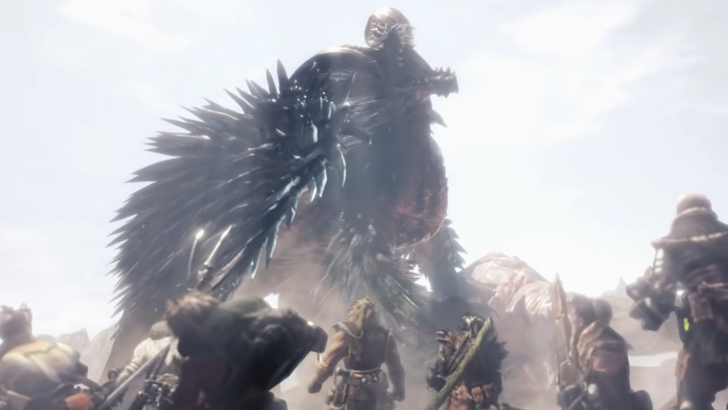
In Iceborne, the introduction of Nergigante as nature's balancing force underscores this theme. The base game's conclusion, where the Hunter is hailed as the "Sapphire Star," ties into the in-game lore of the Tale of the Five, symbolizing humanity's role as nature's guardian. Yet, the expansion's somber ending prompts reflection on humanity's understanding of nature, highlighting the need for humility and continuous learning.
Monster in the Mirror
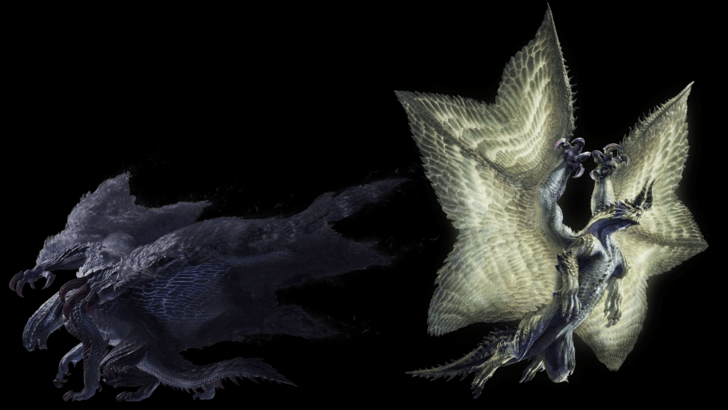
The narrative often mirrors the player's journey of growth and adaptation. In MH4, defeating the Gore Magala only leads to its transformation into the Shagaru Magala, reflecting the player's own progression and the need for further challenges. This theme of mutual adaptation is vividly illustrated with the Ahtal-Ka in Monster Hunter Generations Ultimate.
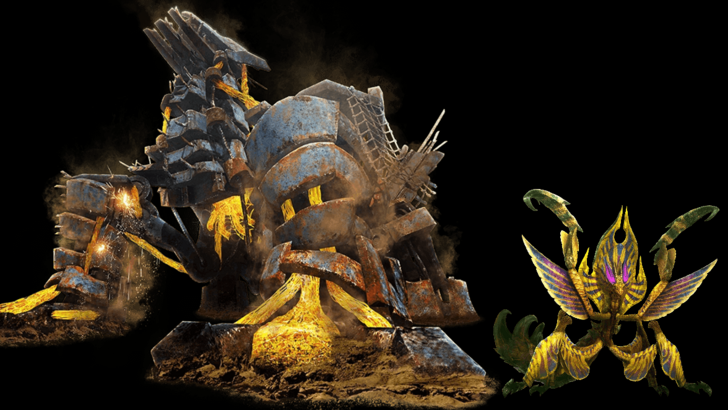
The Ahtal-Ka, a unique final boss, uses human-like ingenuity by piloting a mechanical creation and wielding weapons similar to those used by Hunters. This not only showcases the monster's adaptability but also reflects the series' theme of nature evolving in response to human intervention. The Ahtal-Ka's use of a giant wheel as a weapon further emphasizes this mirroring effect, suggesting a deeper connection between Hunters and the monsters they face.
Man Versus Wilds: Your Story
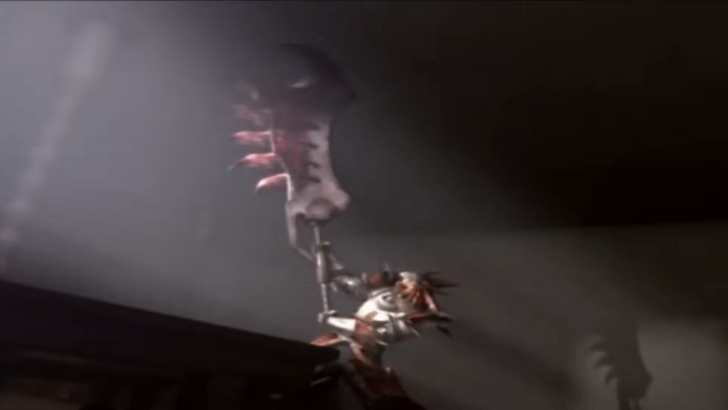
At its core, Monster Hunter is about the player's personal journey of growth and overcoming challenges. The series captures this through memorable encounters, such as the initial confrontation with the Tigrex in Monster Hunter Freedom 2. Starting with minimal gear, the player is thrown off a cliff by the Tigrex, setting the stage for a quest for revenge and mastery.
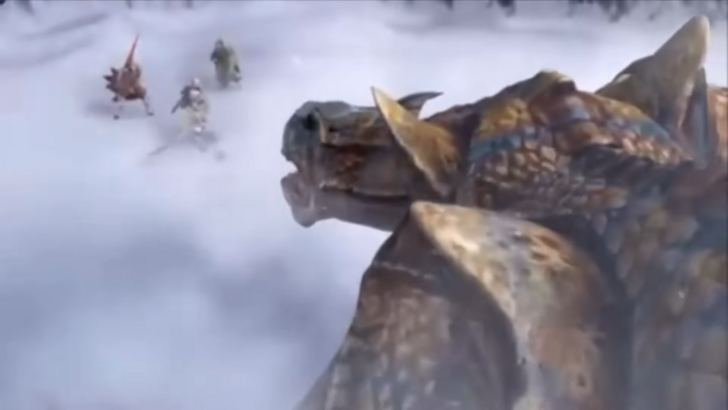
As you progress, returning to the Snowy Mountains to face the Tigrex again, the game not only provides a clear narrative motivation but also empowers the player to overcome adversity. This theme of personal triumph over seemingly insurmountable challenges is a hallmark of the series, resonating with players much like the Souls series.
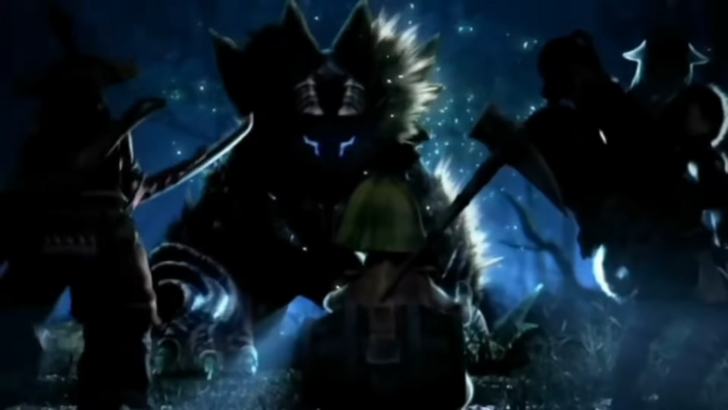
While newer titles like Monster Hunter Wilds are leaning more into structured narratives, the series' strength lies in its ability to weave the player's experience into a compelling personal story. The joy of finally defeating a challenging monster, like the Yian Garuga in Monster Hunter Freedom, becomes a memorable part of the player's journey, making Monster Hunter more than just a game about hunting—it's about personal growth and the thrill of overcoming challenges.

 LATEST ARTICLES
LATEST ARTICLES 